SCIENCE ENGINE
Categories
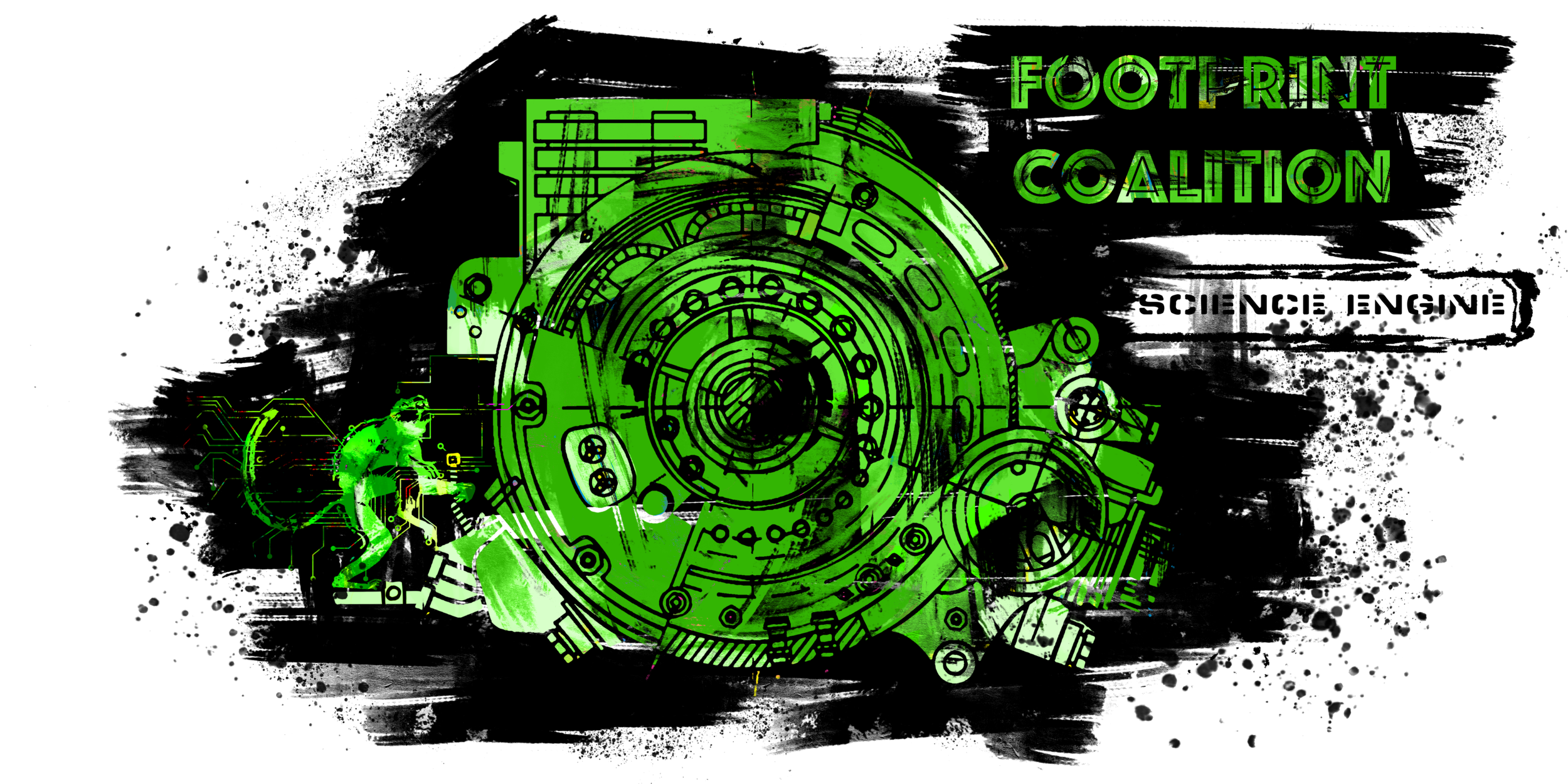
FootPrint Coalition's Science Engine is a new fast grants initiative to support researchers working on technologies combating our climate and biodiversity crises.
The Projects
Browse the participating projects
Mapping the Humpback whale genome
Humpback whales were hunted to near extinction until whaling was banned in 1963. Population recovery is...
Affordable and Accessible Experimental Evolution for the Classroom
The field of biology may be advancing by leaps and bounds but the resources for students to access these...
Can Thailand be a hub for cultured protein production?
Demand for protein is growing in emerging economies fastest. Producing cultured protein (CP) is one approach...
Carbon sequestration potential of fungally produced composts
Our previous study on the decay of forest waste products found that the compost produced by wild fungi holds...
Edible Microcarriers for Scaling Up Cultivated Meat Production
Producing cultivated meat is difficult and expensive because the cells need enough surface to grow. Bioreactors...
Using eDNA in Quest to Rediscover Zug’s Monitor Lizard: a Top 25 Most Wanted Lost Species
Sometimes extinction isn’t forever, it just takes the right team to discover what others could not. The...
Participatory research to explore fungal biodiversity and its importance to bees
Of the millions of fungal species, less than 150,000 are known. At our community lab, Hackuarium, we have...
Identification and optimization of silica- and silicate-degrading enzymes for atmospheric CO2 removal
Rock weathering is a process whereby atmospheric CO2 reacts with silicate minerals, promoting formation...
Can RNAi be used to reduce the virulence of the pathogens of American chestnut?
The American chestnut (Castanea dentata) was once an important member of the Appalachian ecosystem but was...
3D printing a steak with lab-grown cow cells
We want to make the perfect steak, without slaughtering cows.
What values will support collaboration in cellular agriculture?
Cultivated meat could help secure global protein demand without animal slaughter and reduced environmental...
Re-membering nuclear stories from a Maohi lens
Scientific and historical research on the 30 years of French nuclear tests in French-occupied Polynesia...
How low cost agriculture waste material can be used to support lab-grown meat production?
Imagine a world in which animal cells are grown in laboratories to produce meat for human consumption. As...
Exploring material properties and fabrication processes of a mycelium based surfboard
The modern surfboard comprises layers of unrecyclable plastic which often break and pollute our oceans...
How do bacteria respond when humans damage caves?
The Tongass National Forest in Alaska contains both damaged and undamaged caves. These caves are homes to...
Sequencing the genome of a lost ladybug
The introduction of non-native lady beetles into North America led to the disappearance of several once...
How is this fish's diet key to coral reef conservation?
We study an abundant 'herbivorous' fish on Pacific coral reefs: the striated surgeonfish, Ctenochaetus striatus...
Can we improve carbon capture in cyanobacteria with directed evolution?
Cyanobacteria are photosynthetic bacteria that convert CO₂ into oxygen using light. They are abundant in...
Using community science to evaluate the intersection of social, racial, and economic injustices in North Birmingham, AL
Environmental injustices differentially impact low wealth communities of color, and this pattern of inequity...
Testing Additive Profiles for Organic Carbon Capture
To stop the negative effects of climate change we need carbon capture technology to be developed and deployed...
Is mycelium clay a suitable replacement for large scale gypsum polymer structures?
Myco-composites are sustainable and renewable alternatives to toxic petroleum plastics but require monitored...
Quantifying the soil microbiome of Indigenous managed land systems
Studies evaluating biodiversity on Indigenous lands do not consider microbial diversity. We aim to demonstrate...
Potential of the Rewa River oysters in enhancement of community livelihoods and resilience
Edible oysters are a traditional food item in coastal communities in Fiji. Despite this, little is known...
Sustainable bio-mining of rare Earth elements utilizing microorganism biotechnology
Rare Earth Elements (REE) are highly sought after for their powerful magnetic properties and energy efficient...
Intuitions about Ownership Among Achuar Communities and the Misalignment of Intellectual Property Law
The ownership of knowledge is one of the most contested topics of our times, but little is known about how...
Are climate change and air pollution triggering cardiovascular disease?
Ongoing global climate change and air pollution emissions pose a major threat to cardiovascular health...
Increasing the bioavailability of carbohydrates through the interface of mycology and fermentation
Due to increasing reliance on grain as a source of carbohydrates, shortages can occur if supply is interrupted...
Water quality monitoring in Sampson County, NC
Many residents in Sampson County, NC use private wells, and there is a high density of water hazards associated...
Kumeyaay landscapes, knowledge transfer, and land stewardship in San Diego
The goal of this project is to leverage indigenous knowledge with geographic information systems (GIS) and...
Te Vaa Mataeinaa - Healthy Watersheds in Moorea
Te Vaa Mataeinaa - Tahitian for Watersheds - are critical to providing drinking water for people, nurturing...
Can we hear how mycelia communicate?
Mycelial networks are the root like structures of fruiting body mushrooms. Spontaneous electrical low-frequency...
Can green fluorescent protein expression be modified by use of CRISPR/Cas9 genome modifying tools?
Coral use green fluorescent protein (GFP) emissions to attract algal symbionts that provide energy to the...
Investigating the diet of wintering American Kestrels in agricultural landscapes
American Kestrels in the US have declined by 50% in the last 50 years and scientists are struggling to understand...
Powering Indigenous-led salmon stewardship with machine learning
Wild salmon are central to cultures & ecosystems in British Columbia but are under unprecedented climate...
What microbial partners help endangered vultures navigate a toxic world?
Wild animal microbiomes have received minimal research and we often don’t know what constitutes a "healthy...
How carbon sequestration is modulated by Mycorrhizal and soil bacteria symbionts in Abies trees?
Mycorrhizal communities are a fundamental mutualistic interaction between soil fungi and trees. However...
Can immune cells prevent 3D printed blood vessels from falling apart?
Mass production of cells is limited by nutrient delivery. 3D printing of hydrogel has enabled the printing...
How will coldwater fish survive on a hot planet?
Freshwater fish account for a quarter of the world’s vertebrate species and are critical to maintaining...
Improving Hawaii's endemic limpet population through novel biochemical techniques
'Opihi are a culturally important marine limpet found only within the Hawaiian Islands. Considered a delicacy...
Improving the qualitative properties of mycelium skins through fungal-bacterial biocomposites
Farming animals for leather is a water, chemical, and energy-intensive process. Fungal "leather" could...
Can we produce composite leather by biodegrading textile waste, using mycelium?
Can textile waste be repurposed and recycled as a raw material for the growth of mycelium leathers? Textile...
Can a rabies vaccination booster save African Wild Dogs?
Rabies is one of the greatest threats to the continued survival of the African wild dog (Lycaon pictus...
New practicable, eco-friendly methods in the generation of sustainable transparent wood materials
Transparent wood (TW) is a lightweight, energy-efficient material engendering optical functionalities in...
Genetic engineering of fungi for next generation sustainable tools
Anthropogenic influence on the Earth has had a negative effect. We need to create a sustainable way of living...
Using eDNA to unveil the anchialine ecosystem
Welcome to the coolest ecosystem you've never heard of - the anchialine ecosystem! Anchialine habitats are...
Increasing Sustainable Kelp Farmers' Yields With an Automated Twine Wrapping Device
In response to the climate crisis and fears of food insecurity, regenerative kelp farming is emerging as...
Creating a cotton trichome cell line to grow cotton fibers without relying on the cotton plant
Growing cotton fibers through cellular agriculture would consume a negligible amount of water, not require...
Can we produce plant protein fibers to emulate whole cut cultured meat?
Meeting the meat demands of a growing population is increasingly difficult and is harmful to the environment...
More About This Challenge
The sciency details
Challenge Aims
FootPrint Coalition's Science Engine is a hub where leading scientists can share their research and engage directly with a community. Individual researchers working on technologies combating our climate and biodiversity crises can receive fast grants and funding from supporters globally.
The grant awards are chosen by esteemed partners, who we call "Science Leads," to spearhead these efforts in vitally important fields. The first five Science Leads and categories are:
- Keolu Fox is funding Indigenous researchers and Indigenous futures projects.
- Bridget Baumgartner and Ryan Phelan are funding conservation biotech-related work.
- Isha Datar is funding cellular agriculture projects.
- James Weis is funding overlooked research with the help of machine learning algorithms.
- Antoni Gandia is funding mycological innovations.
- Merritt Dailey and Paul Reginato are funding Negative Emissions Technologies




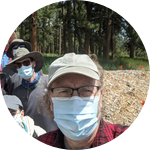

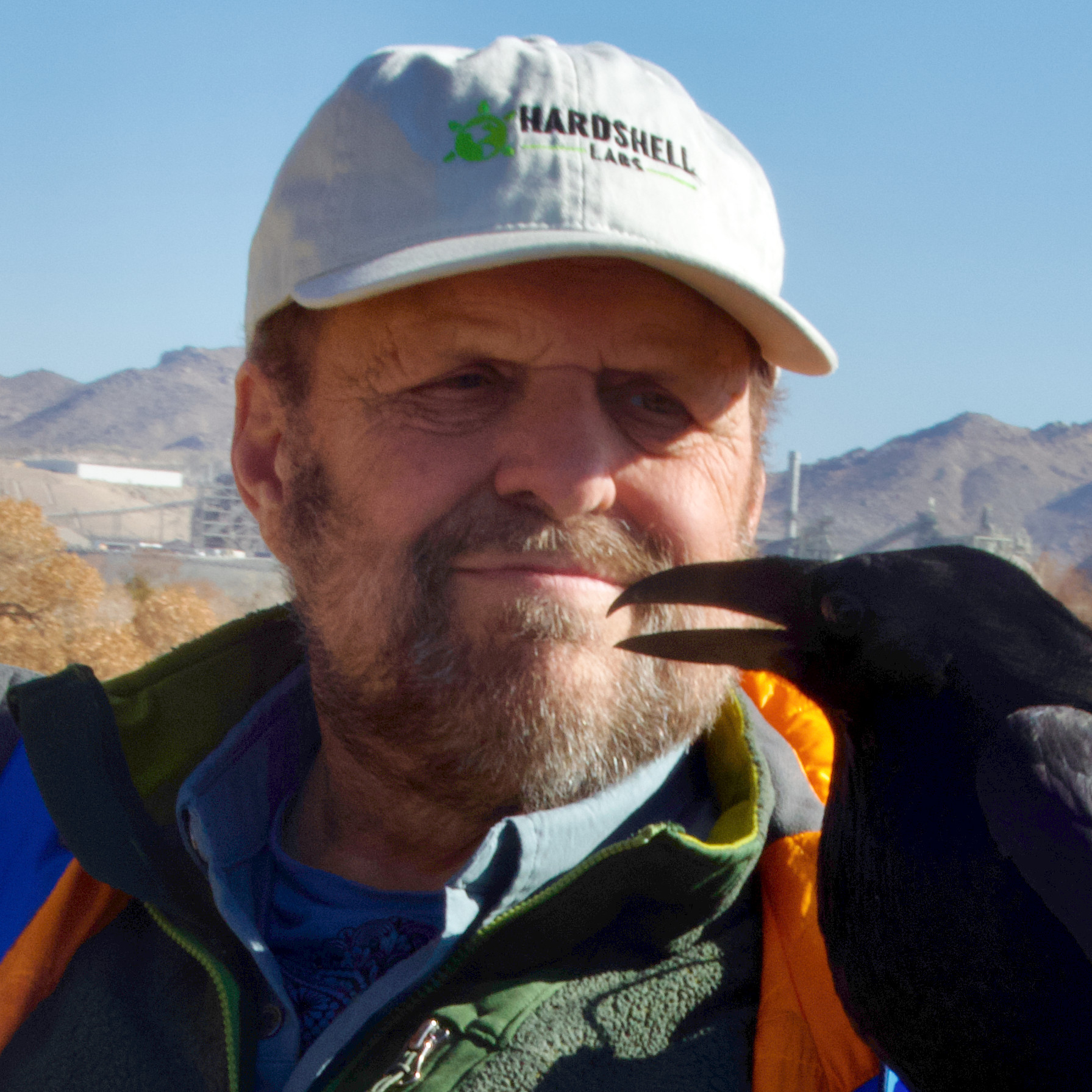


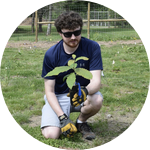






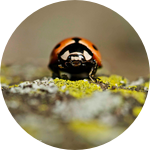


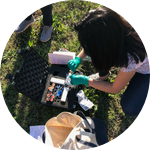



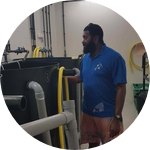

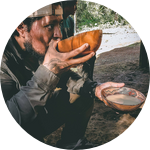





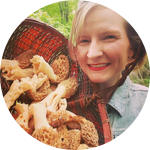

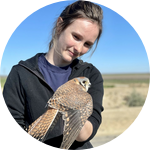
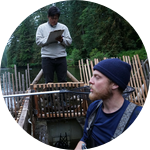



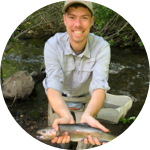

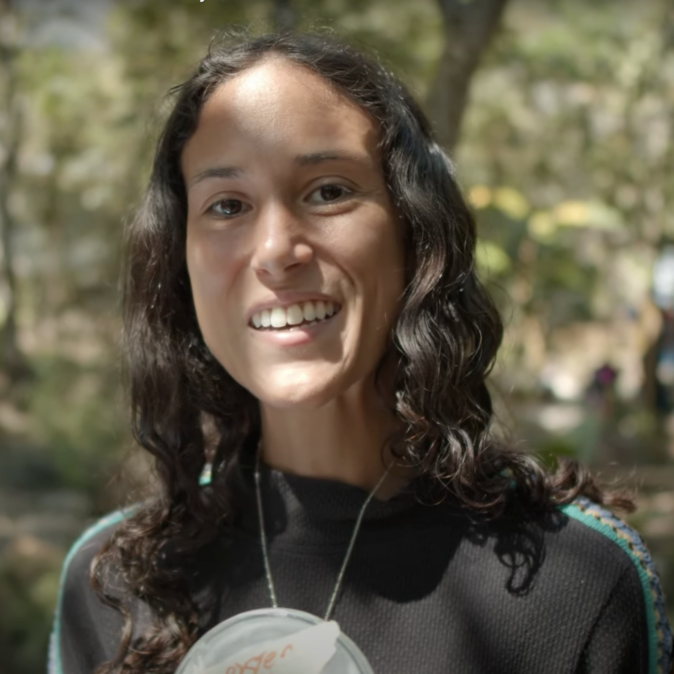








 Challenge Grants
Challenge Grants